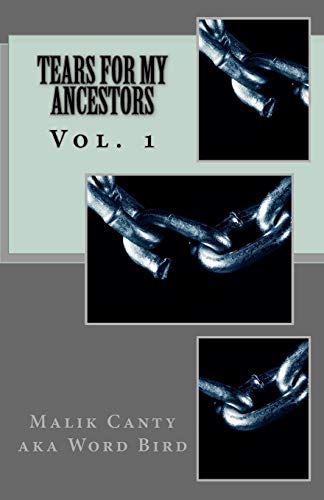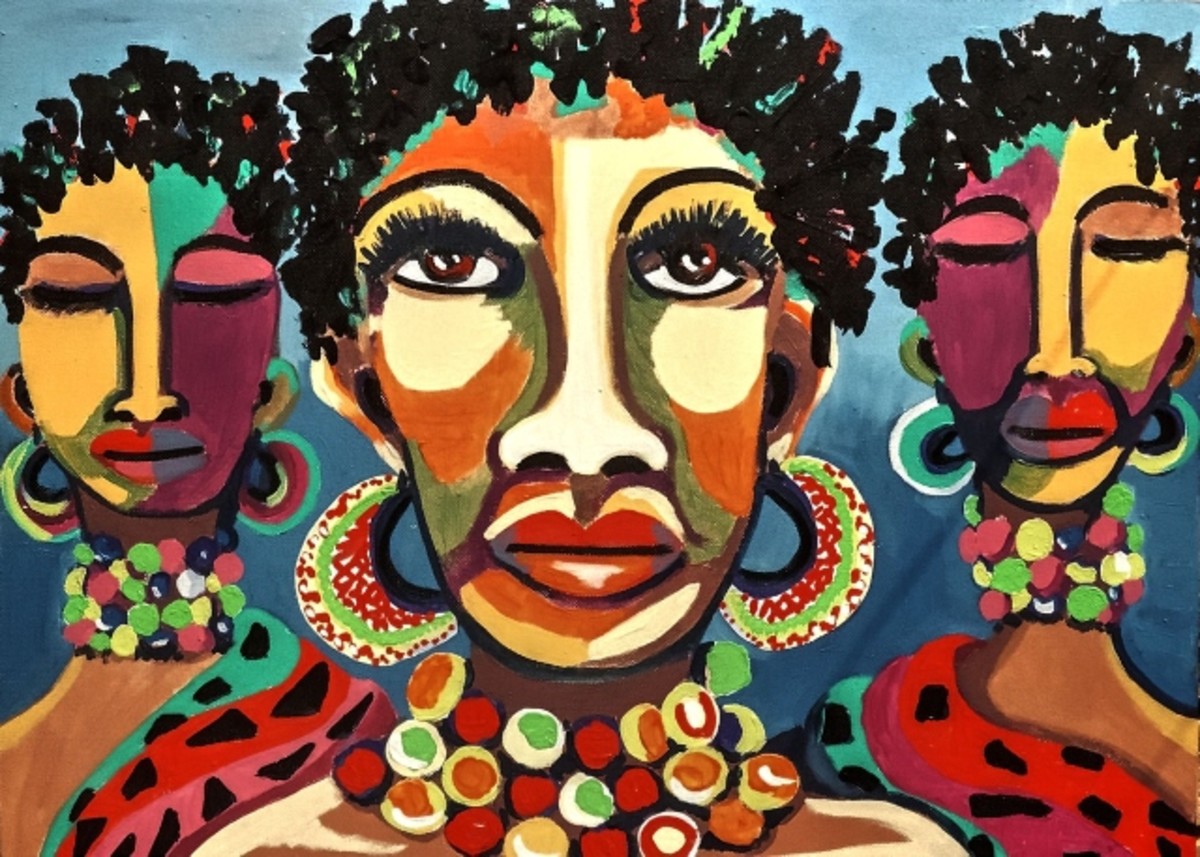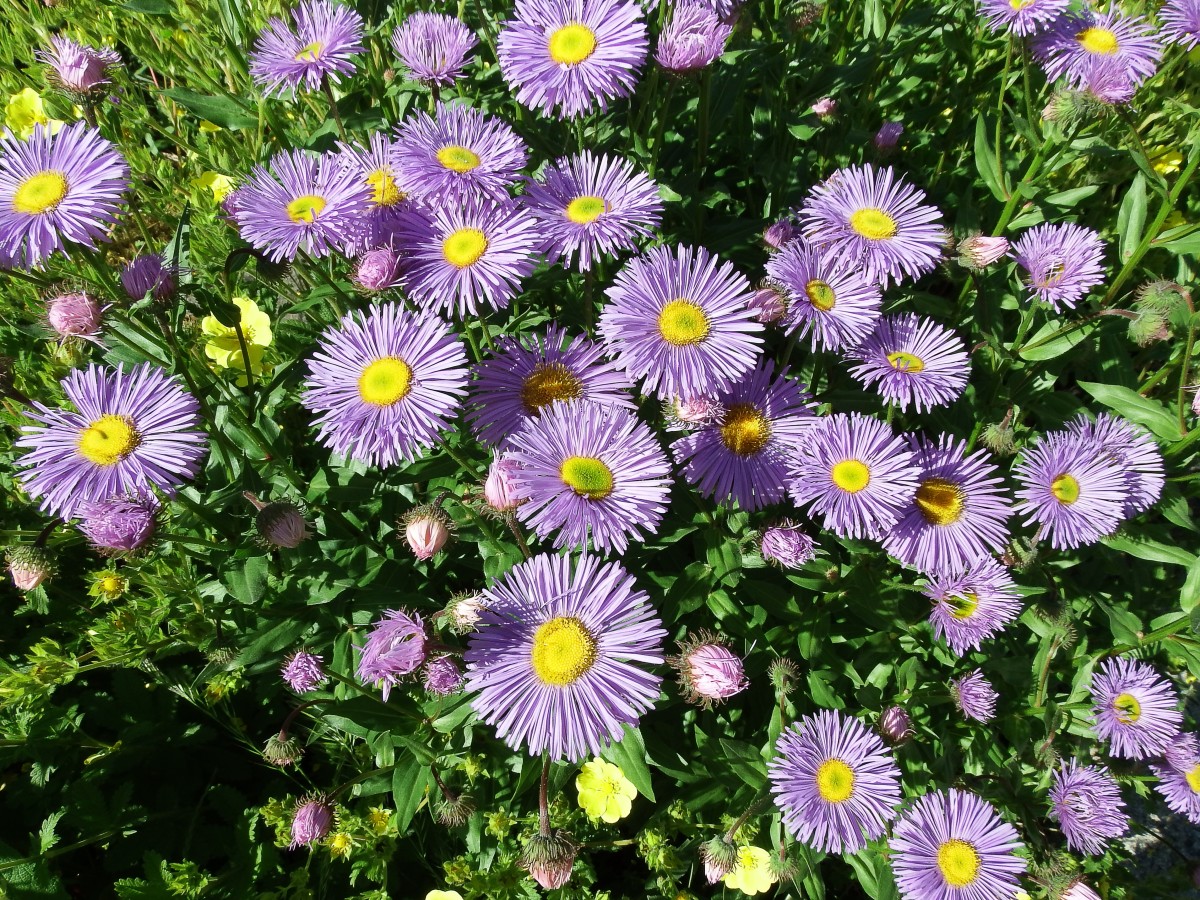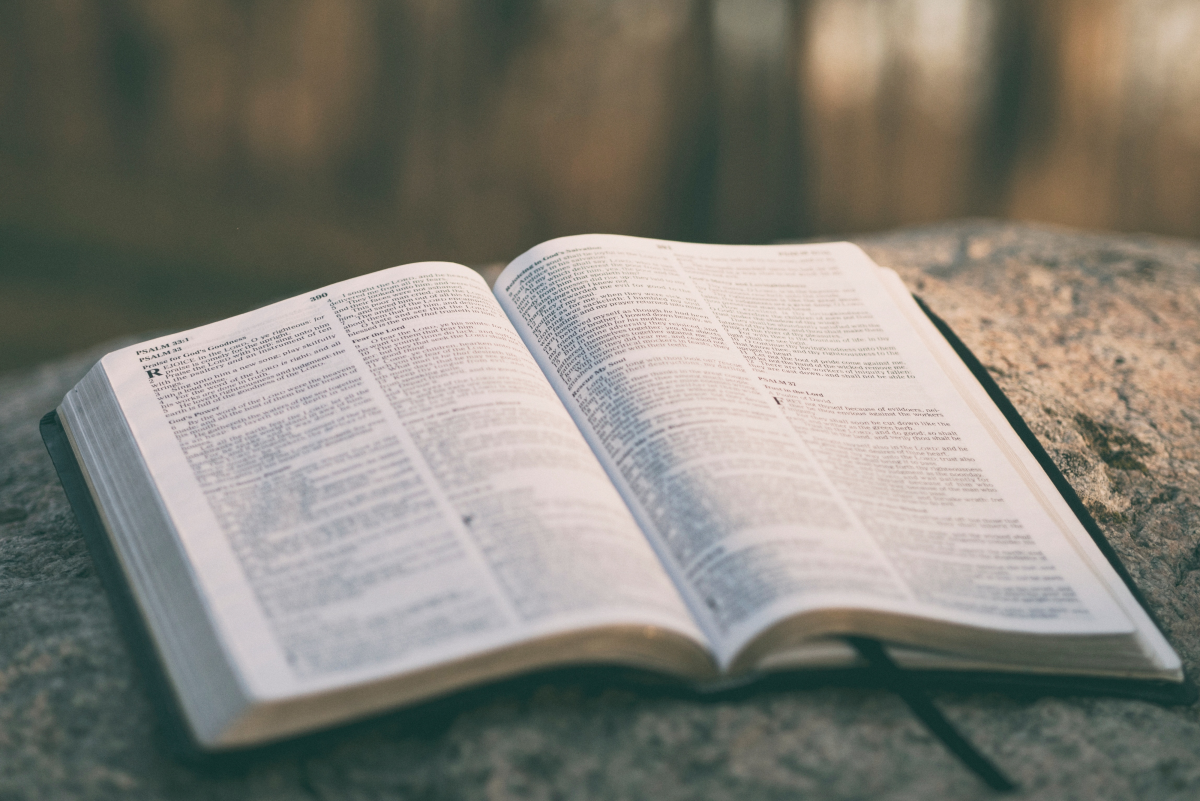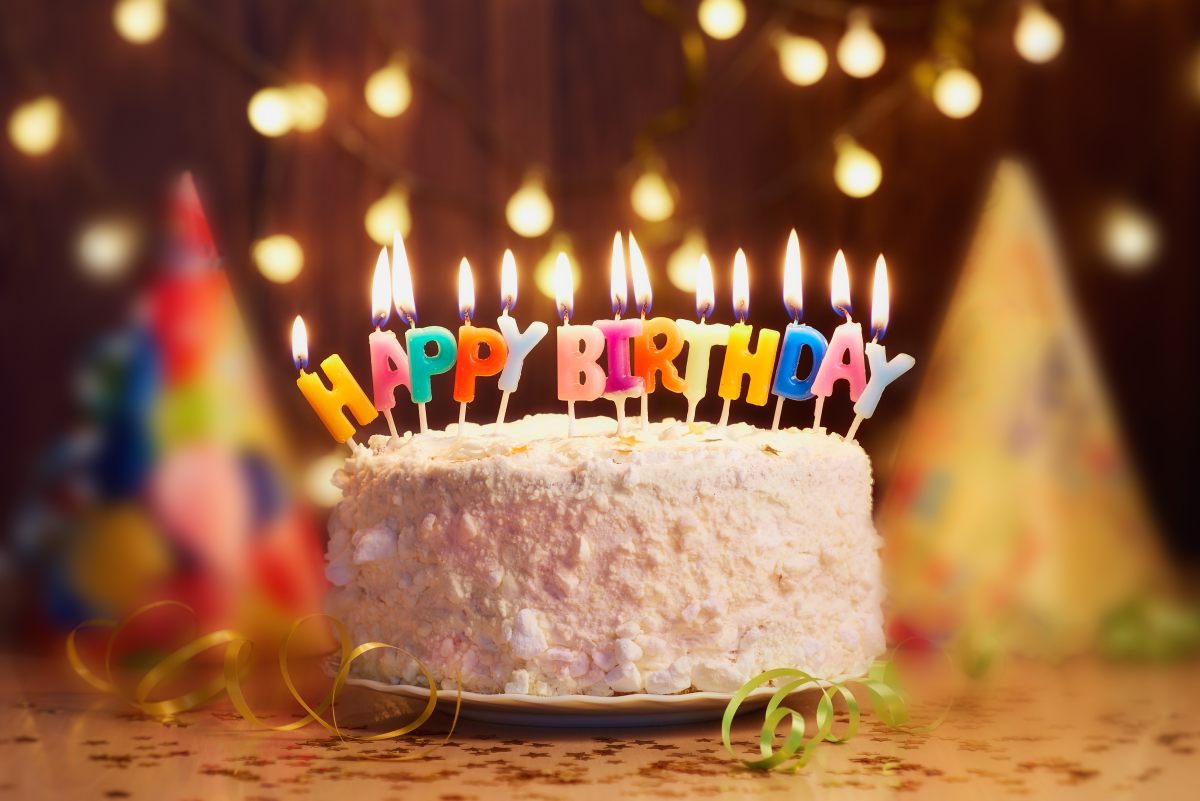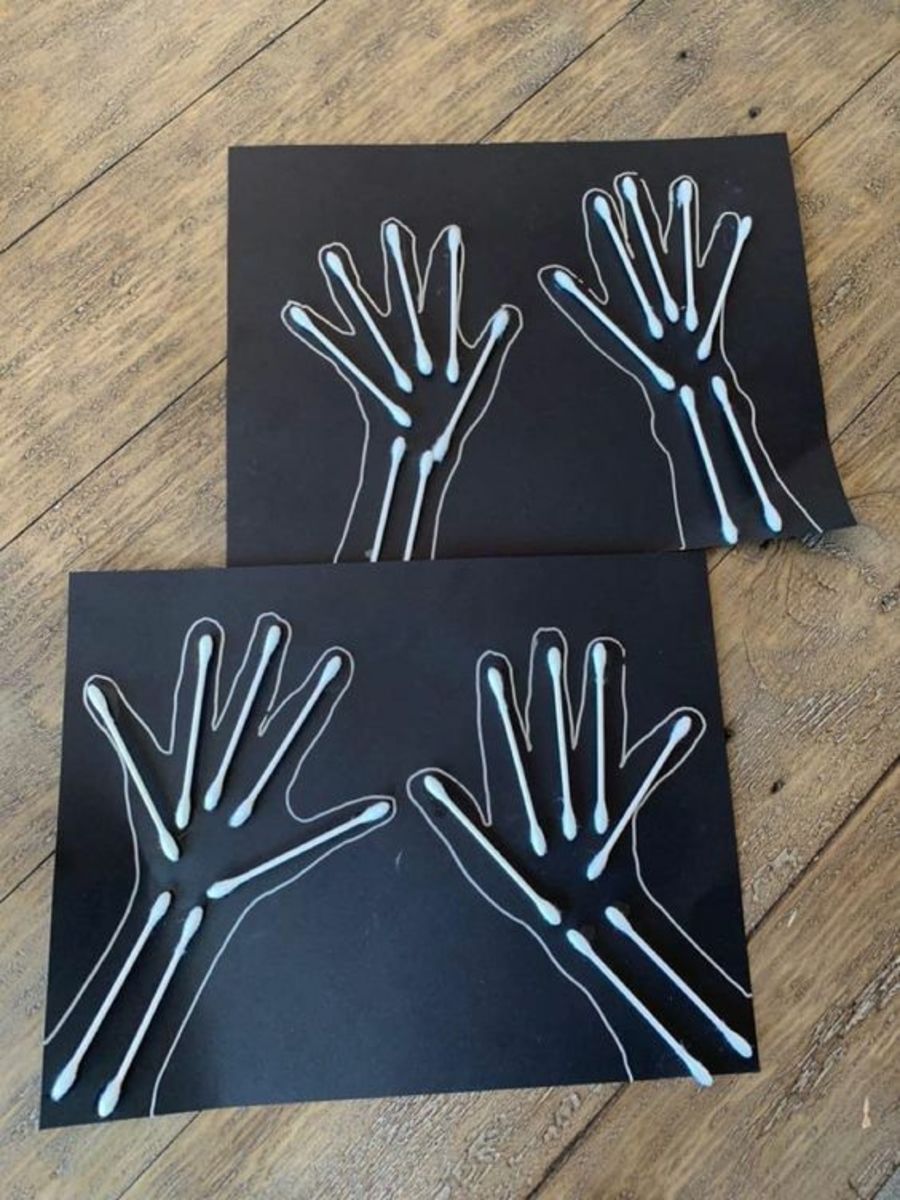Kwanzaa: A cultural celebration of core values for family and community

Kwanzaa: A Celebration of Family, Community and Culture was created by Dr. Maulana Karenga in 1966 to celebrate African heritage and bring African-American communities together. The week-long holiday begins on December 26 and ends on January 1, with a message that is rooted in The Seven Principles (The Nguzo Saba) as defined in their Swahili and English terms below:
- Umojo/ Unity – To strive for and maintain unity in the family, community, nation and race.
- Kujichagulia/ Self-Determination – To define ourselves, name ourselves, create for ourselves and speak for ourselves.
- Ujima/ Collective Work and Responsibility – To build and maintain our community together and make our brother’s and sister’s problem our problems and to solve them together.
- Ujamaa/ Cooperative Economics – To build and maintain our own stores, shops and other businesses and to profit from them together.
- Nia/ Purpose – To make our collective vocation the building and developing of our community in order to restore our people to their traditional greatness.
- Kuumba/ Creativity – To do always as much as we can, in the way we can, in order to leave our community more beautiful and beneficial than we inherited it.
- Imani/ Faith – To believe with all our heart in our people, our parents, our teachers, our leaders and the righteousness and victory of our struggle.
How to Celebrate Kwanzaa - Pt.1
Pt.2 - How to light the 7 candles & what to do during Kwanzaa
Celebrating Kwanzaa
Kwanzaa values are the building blocks of the community and are reinforced on each day of the holiday celebration. The celebration includes the principles, the preparation and what is done publicly as a community and privately with family at home. The accompanying videos provides details and demonstrations of what that can look like. Each celebration can be customized to collective and individual preferences.
Some of what is done during Kwanzaa is...
- Swahili Greeting: Greeting one another with "Habari Gani?" (What's the news) and responding with the principle of that day (i.e. Kujichagulia).
- Libations: Pouring libations (water, juice, spirits) into a bowl or potted plant to honor the Ancestors.
- Buy Black: Only shopping at Black Owned Businesses.
- Fast: Sacrificing food to cleanse the body, discipline the mind and uplift the spirit.
- Candle Lighting: Lighting one candle a day for each corresponding principle.
- Feast: The Karamu is a festive feast held at the end of Kwanzaa on December 31 or January 1.
A Kwanzaa Principle Poem
The following poem is my expression of the second Kwanzaa principle...
KUJICHAGULIA: SELF-DETERMINATION
Snatched from the Motherland, demeaned and stripped of our regal essence;
enslaved, assimilated, and systematically kept under oppression's feet.
It's time to re-define ourselves and reclaim our Royal Black Heritage:
We are a chosen, beautiful people and it's our time to reap!
In defining ourselves, we reject media's negative portrayals,
and affirm our brilliant ancestry resilience spread across this land.
It's our responsibility to boldly declare our substance;
It's time to reflect and determine a personal statement to "Who I Am."
"What's in a name?" is a question to be pondered
when we are naming ourselves, our friends, and our families.
Consider the meaning and the distinctive traits we want to live up to;
choose names that represent quality, instead of something disparaging.
We are gifted people, divinely blessed with skills and talents.
We possess the power to be creatively self-employed.
We can create a variety of jobs for ourselves and other Black people.
We must embrace this truth and support Black Businesses & Entrepreneurs.
In speaking for ourselves, we diversely demonstrate our valor:
teaching the truth of our life experience and our Black History.
Conveying through our music, our voices, our written word, our dancing…
How we survived slavery and endure oppression courageously.
When we unite and practice principles like those of Kwanzaa,
and become responsible for and within our communities,
Then we can each make a difference in our lives and the lives of others;
and there'll be no stopping us now, we'll be living in victory!
(I Timothy 5:1-2) "Rebuke not an elder, but entreat him as a father; and the younger men as brethren; The elder women as mothers; the younger as sisters, with all purity."

